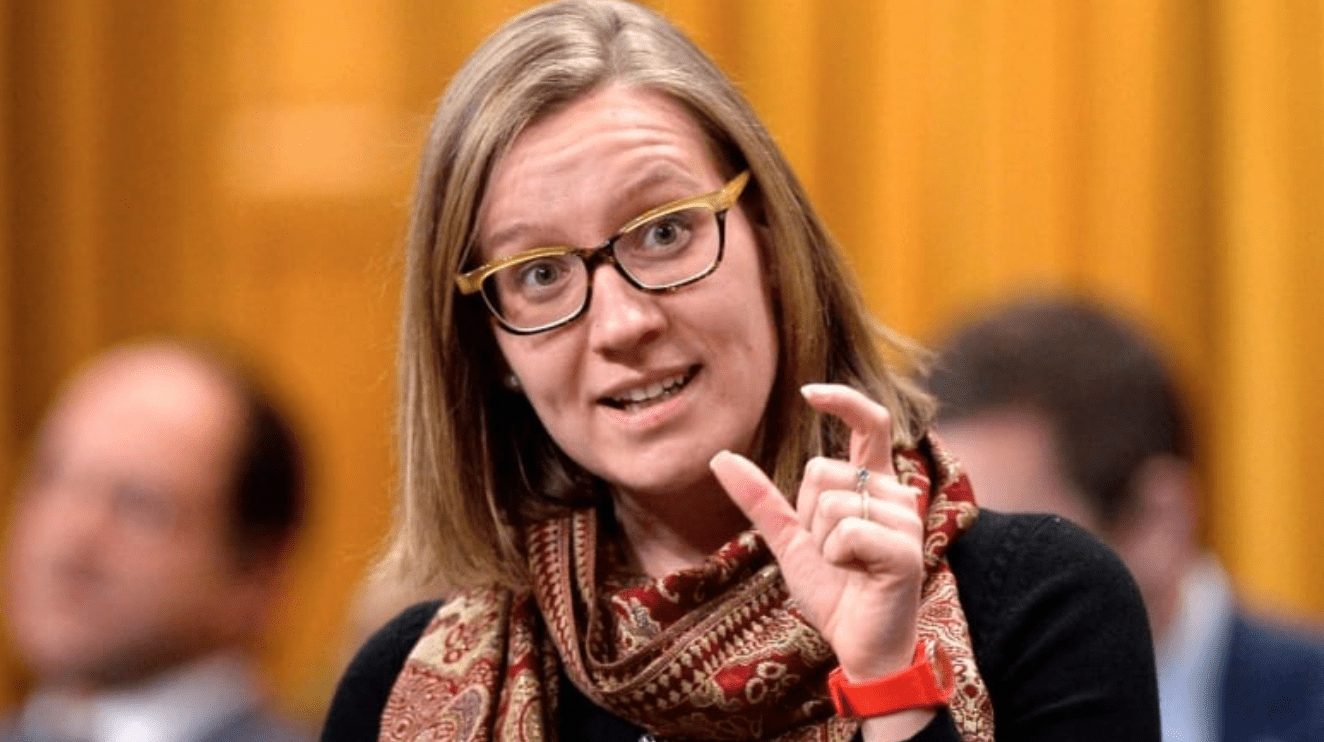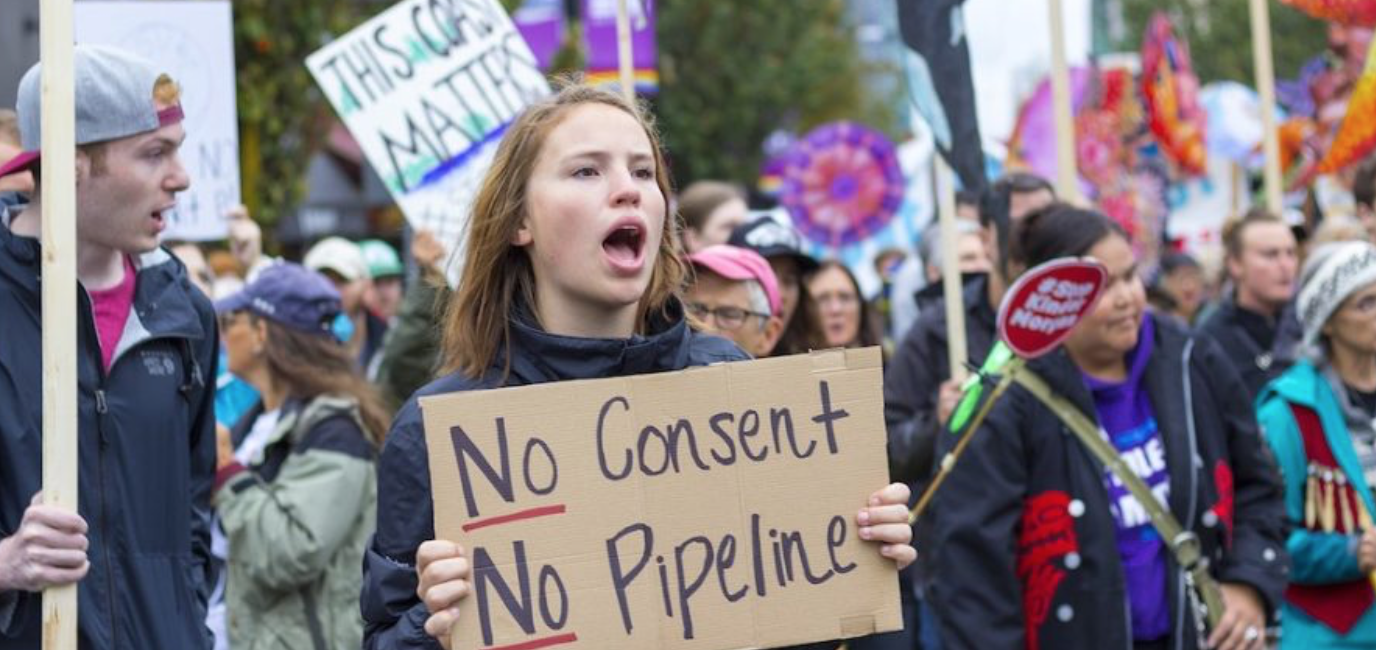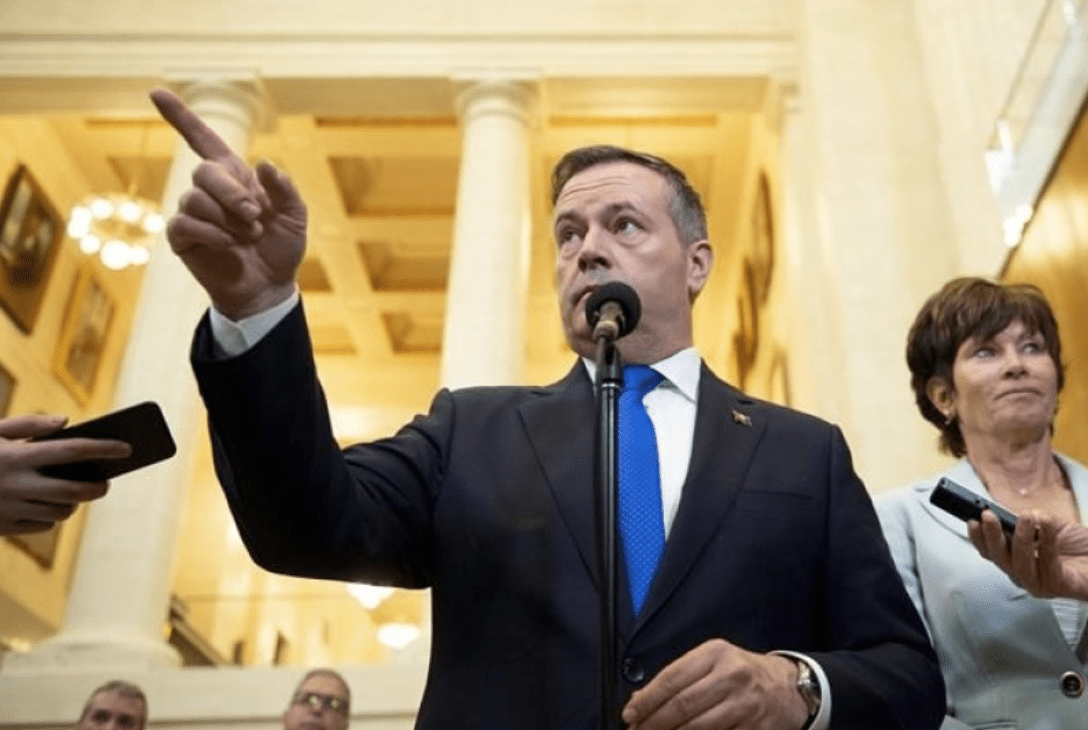This content is restricted to subscribers

The views, opinions and positions expressed by columnists and contributors are the author’s alone. They do not inherently or expressly reflect the views, opinions and/or positions of our publication.

This content is restricted to subscribers
The views, opinions and positions expressed by columnists and contributors are the author’s alone. They do not inherently or expressly reflect the views, opinions and/or positions of our publication.

It's weird living in Québec and not being the centre of some Canadian unity crisis. Here we are in 2019 and a Trudeau is standing in the House of Commons lambasting a bunch of premiers for threatening national unity, and none of them are Quebecers.
Strange times we live in. Anyway, what is the crisis? Pipelines, of course. The Senate has cleared Bill C-69 with a series of amendments that weaken many of its provisions. Conservative provincial premiers — and the non-partisan premier of the Northwest Territories — sent the prime minister a letter saying his government must accept those changes, lest he threaten national unity. The bill, they say, would put an end to pipeline construction.
They also insist Bill C-48, which would ban tanker traffic along the northern B.C. coast must not be passed on similar unity ground.
"As it stands, the federal government appears indifferent to the economic hardships faced by provinces and territories. Immediate action to refine or eliminate these bills is needed to avoid further alienating provinces and territories and their citizens and focus on uniting the country in support of Canada's economic prosperity," the premiers say in the closing of their letter.
That is some pretty incendiary language, coming from a group of people demanding unity. Accusing the prime minister of, essentially, wishing their citizens would rot in the poor house is really something.
Perhaps this is all my haughty indifference sitting here in Lower Canada. There has been some polling that does seem to show westerners are feeling a sense of alienation.
But, who exactly has been stoking that? It seems we may have forgotten the campaign now-Alberta Premier Jason Kenney ran. Large parts of his pitch were based on a series of fantasies about the raw deal Alberta gets from equalization and how he will get the formula changed through, I guess, force of will.
It was a campaign built on resentment, toward the former NDP government, toward the rest of Canada, and toward Trudeau.
If Kenney were as serious about unity as the letter he signed implies, he might have conducted himself differently on his quest to gain power.
Instead, these demands for unity ring more as a bargaining strategy, meant to strong-arm the feds into doing the bidding of the west.
But that's essentially what Kenney has made his party: the political face of the oil industry. The promise of creating an energy war room, where the province would become the lead mouthpiece for oil companies, is an interesting one.
One of the reasons Alberta has been hit so hard by a global downturn in oil prices is because it's a province built largely around the oil sector. It's made worse by the difficultly in extracting . The construction of new oil projects requires huge capital investments and large lead times, something that puts its at further disadvantage. Further entwining the province with the industry isn't going to help the province when the next crisis hits.
(A quick digression: It's bizarre how the idea of a war room is being used as some sort of reasonable use of government resources. A war room is where hacks sit around spinning the news. I guess in an era when everything is politics, everyone's a hack.)
Anyway, what many of the amendments proposed by the Senate, and pushed by the premiers, do is weaken Bill C-69, lessening the amount of public input, and shielding decisions from legal challenges. This is something the oil lobby is wholeheartedly behind, because they say it creates needed stability to the consultation process.
But the reason those court challenges have succeeded is because of the negligent way consultation has been done in the past. Constant complaints on the length approvals take, belie the fact industry and government have not taken their duty to consult Indigenous people seriously. By treating the process like a checklist to fill out, rather than a genuine effort to understand the grievances of Indigenous peoples, courts have again and again struck down natural resource projects. Governments and companies thought they could force through the projects, constitution be damned, and were forced to begin again.
Codifying the limitation on consultation and court challenges flies in the face of that. It's a shameful sop to industry, and just one more dereliction of the promise of reconciliation. Not exactly unifying stuff, that.
Which brings us to another part of this premiers' letter. The people of BC don't seem quite so bothered tanker traffic may be banned off a part of their coast, and their premier didn't sign the letter.
And this is the other side of that unity coin. What exactly is the unifying principle of forcing pipelines on provinces and First Nations opposed to them? Where's the outcry against one province's industry forcing itself on other parts of the country.
What many of the premiers have done is put the pain being felt by one segment of their population — and, yes, the oil companies — ahead of another long neglected segment.
These premiers dismiss the crisis of unity environmental degradation causes, the crisis of unity forcing pipelines through unwilling jurisdictions causes, the crisis of unity that cutting the public's voice from resource projects.
Makes it tough to figure out just who it is that's causing the unity crisis.
Photo Credit: Alberta Politics
The views, opinions and positions expressed by columnists and contributors are the author’s alone. They do not inherently or expressly reflect the views, opinions and/or positions of our publication.

Conservatives across the country might think they were pretty clever when they decided to play the national unity card regarding the Federal approach to the Energy file.
On Tuesday morning, the Conservative premiers of Alberta, Saskatchewan, Manitoba, Ontario, New Brunswick and their friend from the Northwest Territories wrote to Justin Trudeau to raise their concerns about bills C-48 and C-69.
Bill C-48 would ban oil tanker ships off the coast of British Columbia, making it quite difficult for Alberta oil to get to market, even with previously approved projects like the Northern Gateway pipeline.
Bill C-69 would overhaul the entire process under which major infrastructure projects such as pipelines are reviewed and approved. While the stated goals are to eliminate uncertainty, provide clarity and accelerate the process, opponents are claiming the bill is vague and muddy and will in fact block every single project.
These concerns are legitimate.
Their strident threat regarding national unity was not.
Asking Trudeau to accept amendments to his bills is one thing, to link these amendments to the very future of our country is not. These five provinces and one territory are representing 59% of the population. None of them being the province who actually tried to separate, twice.
The six premiers are playing a dangerous political game with national unity. Jason Kenney has played in that movie before. Back in the fall of 2018, the aspiring Premier was claiming that separatism was on the rise in Alberta because the Federal Court of Appeal reversed a cabinet decision to allow Trans Mountain construction to go ahead.
"I'm a Canadian nationalist and, by the way, separating ourselves from the rest of the country is not how we're going to get market access. But still, that frustration is real," Jason Kenney said on CTV's Power Play last September.
Yet, this spring, he was back at it, claiming that unless there was a new pipeline, "then somebody's going to come along and capitalize on that 50 per cent separatist sentiment in Alberta " and warning of a constitutional crisis if the Liberal's environmental-protection bill is not amended.
And Jason Kenney has now enrolled five other Conservative premiers to fan the flames of Alberta separatism over this policy disagreement.
The Angus Reid Institute points out that half of Alberta residents say the province could separate. But in the last provincial election, the Alberta Independence Party ran 63 candidates. For its efforts, it received 13,531 votes only 0.71% of the vote. Hardly registering, then, as a political option. Or, at least, nobody is capitalizing on it.
So who is going to come along and capitalize on that separatist sentiment? By repeating his statements on separatism, by recruiting other premiers to his cause, by increasing the tension in a deliberate, strategic fashion, Jason Kenny is apparently doing better at raising support for Alberta Separatism than the Parti Québécois is able to in Quebec.
If he truly believes in Canada, Jason Kenney should stop playing with separatist matches around the pipelines, before it blows up in our face.
Photo Credit: Burnaby Now
The views, opinions and positions expressed by columnists and contributors are the author’s alone. They do not inherently or expressly reflect the views, opinions and/or positions of our publication.